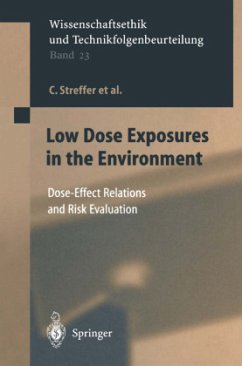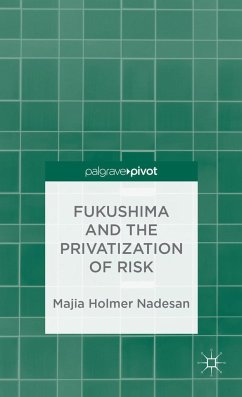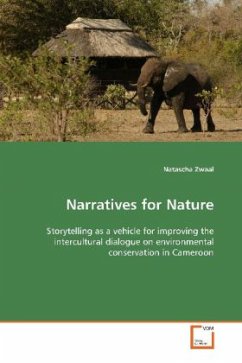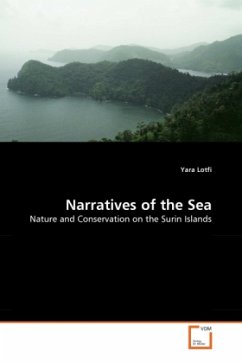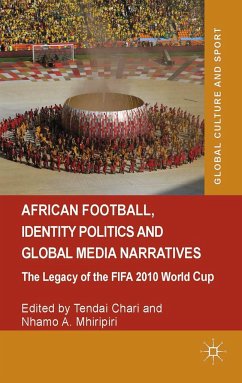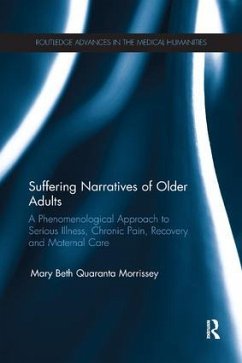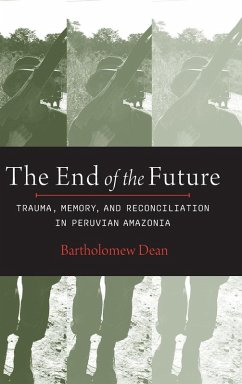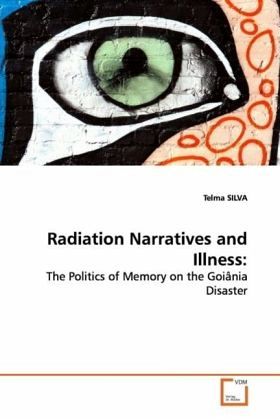
Radiation Narratives and Illness:
The Politics of Memory on the Goiânia Disaster
Versandkostenfrei!
Versandfertig in 6-10 Tagen
44,99 €
inkl. MwSt.

PAYBACK Punkte
22 °P sammeln!
Over the years, studies in the field of Medical Anthropology have showed that the chronic illness, as radiation illness, enters into an individual s life in such a way that it becomes inseparable from the person s life history. Drawing upon extensive field research, the book explores the issue of radiaiton illness narratives related to the 1987 Goiânia disaster. The work is an ethnographic account of the social suffering as produced from the interplay of disaster, health, memory, and the narrativization process. The main premise of the book is that the disaster continues to affect those indiv...
Over the years, studies in the field of Medical
Anthropology have showed that the chronic illness,
as radiation illness, enters into an individual s
life in such a way that it becomes inseparable from
the person s life history. Drawing upon
extensive field research, the book explores the
issue of radiaiton illness narratives related to the 1987 Goiânia disaster. The work is an ethnographic
account of the social suffering as produced from the
interplay of disaster, health, memory, and the
narrativization process. The main premise of
the book is that the disaster continues to affect
those individuals whose suffering is denied by the
institutional power. This work, as a case study,
could quite easily be used in several different
courses within cultural anthropology, general social
sciences, and latin American studies department. The
analysis as well should help shed some lights in the
consequences of the use of nuclear technology in
medicine without appropriated surveillance.
Anthropology have showed that the chronic illness,
as radiation illness, enters into an individual s
life in such a way that it becomes inseparable from
the person s life history. Drawing upon
extensive field research, the book explores the
issue of radiaiton illness narratives related to the 1987 Goiânia disaster. The work is an ethnographic
account of the social suffering as produced from the
interplay of disaster, health, memory, and the
narrativization process. The main premise of
the book is that the disaster continues to affect
those individuals whose suffering is denied by the
institutional power. This work, as a case study,
could quite easily be used in several different
courses within cultural anthropology, general social
sciences, and latin American studies department. The
analysis as well should help shed some lights in the
consequences of the use of nuclear technology in
medicine without appropriated surveillance.



